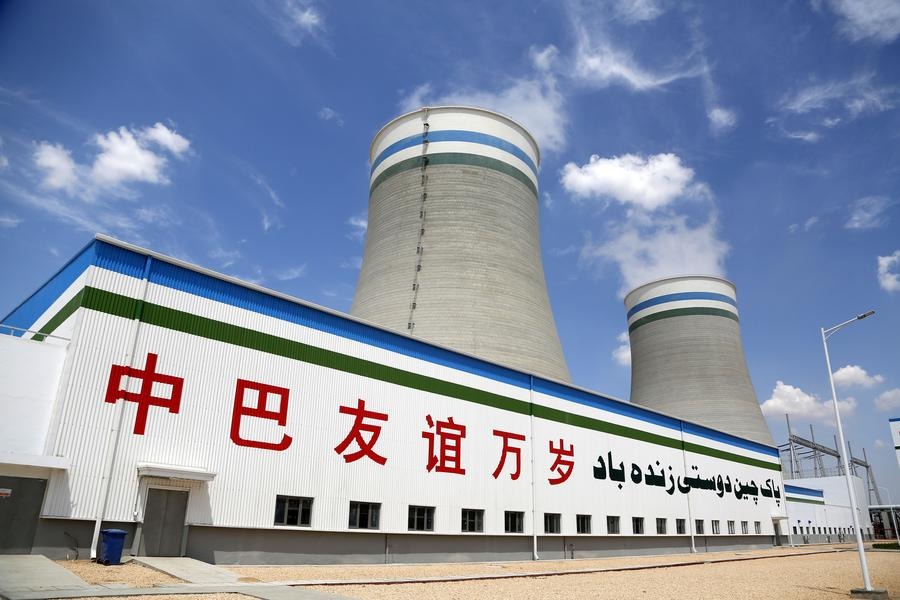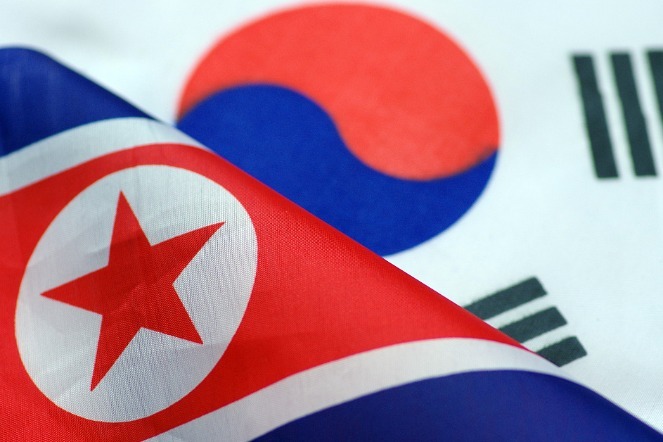Role model for poverty reduction


China's achievements in building well-off society have gained high recognition from the international community
There can be no doubt that China has made remarkable achievements in reducing poverty in the country. Since the launch of reform and opening-up in 1978 China has lifted more than 800 million people out of poverty, reducing its poor population by almost 95 percent.
It was the rural population that was the first to feel the effects of economic reforms in China. The rural population prevailed in poorer areas. With this factor in mind, the Chinese authorities managed to motivate the inhabitants to increase production as they were implementing land reform. In parallel, they increased the procurement prices for grain and agricultural products, something that made it possible to boost the real incomes of farmers.
The Chinese government helped to modernize the infrastructure in poor regions based on local resources. The slogan "If you want to get rich, first build roads" became an important stratagem in the context of the Chinese-style war on poverty. Even now a major infrastructure project is being implemented to extend transport links to every village and the doorstep of each house, its aim being to enable vehicles to reach every remote locality in the country.
Tourism has also emerged as a lucrative industry assisting the development of rural areas. This sector can create a large number of jobs, particularly in areas where other types of economic activity often prove difficult. Chinese statistics indicate that tourism helped to lead 10 million residents, or 10 percent of the poorest population, out of poverty between 2011 and 2014.
According to the Ministry of Culture and Tourism, tourism contributed 9.94 trillion yuan ($1.4 trillion) to China's GDP in 2018, which amounts to 11.04 percent of its total GDP. The tourist sector has also created nearly 80 million jobs, accounting for 10.29 percent of the total employed population.
An educated, healthy and well-fed population influences the rate of return on investment and plays a key role in kickstarting rapid development and eliminating poverty.
For this reason, since the beginning of the reforms, China has recognized that an increased focus on education and improving public health can eradicate poverty and prevent poverty from being passed on from one generation to another.
According to the World Bank, the literacy rate in China increased from 65.5 percent in 1982 to 96.8 percent in 2018, with the global average rate being 86.3 percent. And this is another extraordinary achievement. In 2019, China spent 5.01 trillion yuan on education, which is 8.74 percent higher than the year before.
At the start of the 21st century, less than one-third of the Chinese population had access to health insurance. Since 2006, China has been carrying out major reforms in the healthcare system in order to make it more accessible for the poor rural population.
As a result, some 800 million rural residents have been provided with basic multilevel medical insurance that is now available to almost 100 percent of the population. Equal access to healthcare services is inherent in social harmony.
China has also provided its enormous population with the social security that protects people from incurring heavy expenses on healthcare. This is an immense contribution to building a just and prosperous society.
Concurrently, China is implementing an innovative model to counter poverty. For example, advanced information and communication technologies are being used to ensure that remote areas are supported by e-commerce and other modern technological applications. They are also used to market and sell agricultural products in the poor regions.
Other countries should follow China's example because poverty and life below the subsistence level are not uncommon even in the most advanced economies. China's experience in fighting against poverty demonstrates how important it is to focus on identifying the root causes of poverty and creating conditions in which the population can independently progress toward solving this complicated issue.
In December 2018, the 73rd United Nations General Assembly adopted a resolution on eradicating poverty in rural areas, which included the practical steps of targeted poverty reduction advocated by China. It showed the international community's high recognition of China's poverty alleviation efforts.
China is the second-largest economy in the world and it contributes one-third of the annual global economic growth. Some of the Chinese industrial corporations are world leaders in their respective industries. These assets not only satisfy domestic demand but also play a key role in facilitating the recovery of the global economy and eradicating poverty in the world.
According to the UN statistics, the poverty alleviation rates in the other developing countries besides China are rather slow while the population living in poverty is even increasing. For example, the number of people living in extreme poverty in sub-Saharan Africa increased from 278 million in 1990 to 413 million in 2015, which accounts for more than half of the poor population in the world.
The endemic poverty in Africa is mainly caused by its massive debt load and the exponential growth of national debts. The accumulated debt of African countries has doubled in the past five to six years and reached 53 percent of their GDP in 2018. Thirtythree of the 45 African states to the south of the Sahara are considered least developed countries.
China has shared its poverty reduction experience with the entire world, including by providing aid to Africa and other regions with high numbers of people suffering from poverty. On June 17, 2020, Chinese President Xi Jinping addressed the China-Africa Summit on Solidarity Against COVID-19, where he announced that China is ready to waive African countries' interest-free debt until the end of 2020.
China is urging all G20 members to further extend the period of debt relief for respective states, including African countries, and hopes that the international community-in particular, developed countries and international financial institutions-will take more assertive action to alleviate Africa's debt burden.
The author is the secretary-general of the Shanghai Cooperation Organization. The author contributed this article to China Watch, a think tank powered by China Daily. The views do not necessarily reflect those of China Daily.


































